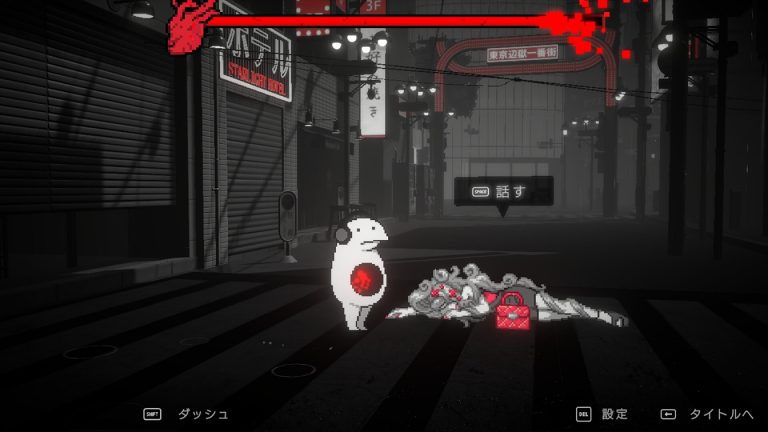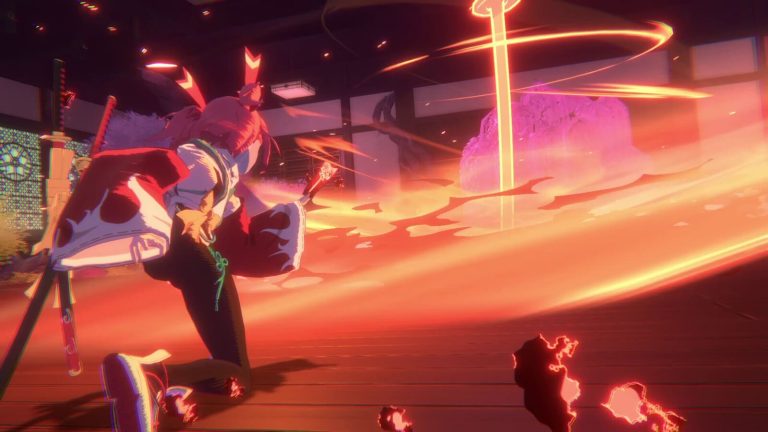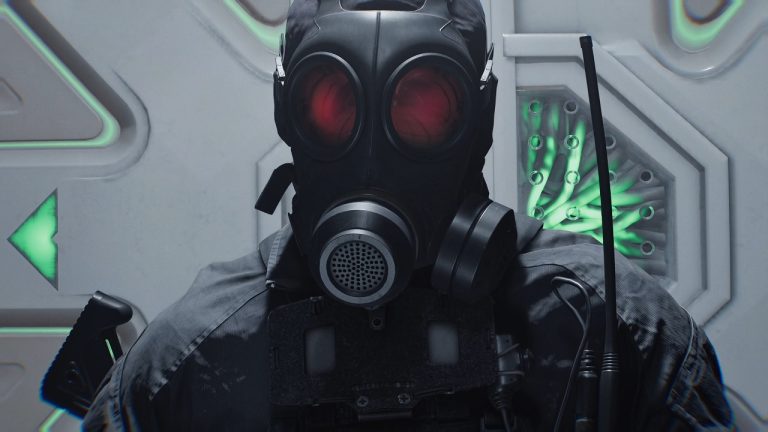In the past 24 hours, several media outlets have reported that Nintendo stated that it “will not use generative AI in its first-party games.” This is based on an interpretation of one of CEO Shuntaro Furukawa’s responses during the Q&A at Nintendo’s 84th Annual Shareholders Meeting. However, as confirmed by our native Japanese editorial staff, this interpretation is not consistent with the actual statement.
According to the transcript of Nintendo’s shareholder Q&A, Furukawa gives neither an explicit “yes” nor “no” to using AI in game development. There is also no mention of first-party or other games in this context. A translation of his full answer reads:
“The game industry has been using AI-like technology for enemy character behavior and the like for a long time, which is why I think game development and AI have a close relationship to begin with. The generative AI that’s become prominent recently can do even more creative things, but it is also problematic in terms of intellectual property rights.
Over decades, we have accumulated know-how in crafting the optimal gaming experience for our audiences. While remaining flexible with regard to technological developments, we intend to continue to deliver the kind of qualities unique to Nintendo, which cannot be created by technology alone.”
Rather than outright confirming or denying Nintendo’s potential use of generative AI in first-party or any games, Furukawa is conveying the company’s general stance to shareholders. This consists of three main points: 1. Nintendo is aware of the risks of generative AI in terms of infringement of intellectual property. 2. Nintendo intends to maintain a flexible approach towards future developments in the field. 3. Regardless of AI or any technology, Nintendo will always be set apart by its years of knowledge and experience in game development.






I would assume Nintendo and others would use AI to make workflows more efficient. But they are not wrong in saying there is issues of intellectual property and copyright that needs to be considered. Which would make sense in the way Level 5 did it with Inazuma Eleven to bypass that.